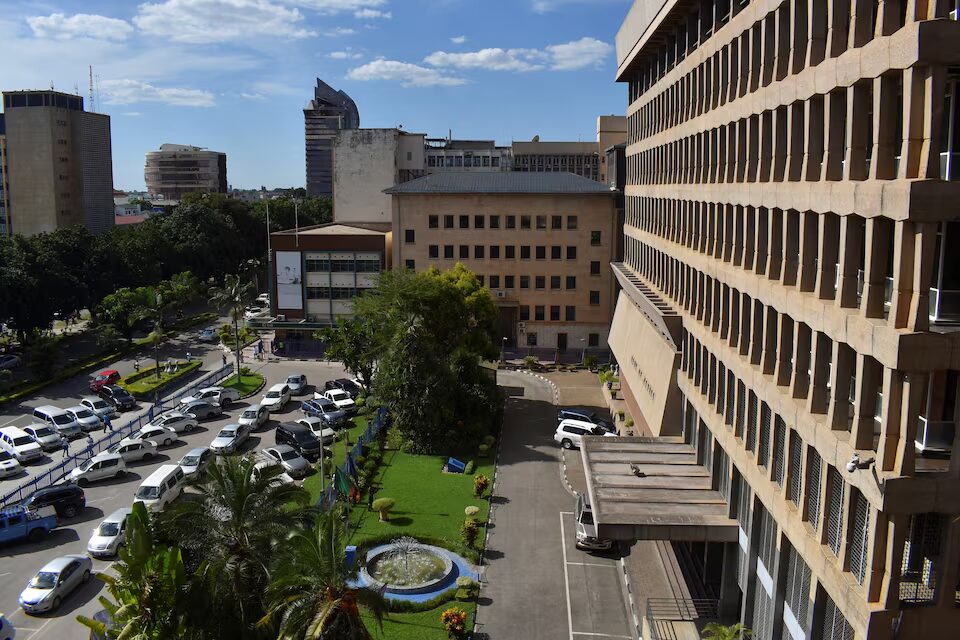
Wednesday 24th September 2025

by inAfrika Newsroom
Nigeria GDP growth accelerated to 4.23% year on year in the second quarter. It is the quickest pace since 2021. Higher oil output and stronger industry lifted the print, the statistics office said. Agriculture also improved. The release is the second since a recent GDP rebasing.
Average crude output rose to 1.68 million barrels per day in April–June. That compares with 1.41 million bpd a year earlier. The oil sector expanded 20.46% in annual terms. Industry grew 7.45%. Agriculture grew 2.82%. Analysts said the rebasing helped capture shifts in the economy.
Quarter one growth was 3.13%. The new figure marks a clear step up. It is also the strongest quarterly growth rate in about four years. LSEG data show the last 4%-plus quarter came in 2021.
President Bola Tinubu has set a 7% annual growth target. His team cut subsidies to shore up public finances. The government argues reforms will unlock private investment. Economists say steady oil volumes and lower inflation are key to sustaining momentum.
The headline number helps sentiment. It also raises questions. Can oil stay near 1.7 million bpd through year-end? Can industry hold near 7% growth without cheaper credit? The next releases will test whether gains broaden beyond oil and heavy industry.
Markets now watch policy signals. Budget planners will weigh the stronger base against revenue needs. The central bank faces a balance: contain prices while not choking growth. Investors will study sector tables when the full report lands. Those tables will show how many sectors posted real gains after inflation.
The data also set the tone for banks and manufacturers. Better growth can ease loan stress and lift sales. But financing costs remain high. Many firms still delay capex. A durable upswing needs stable power, lower logistics costs, and predictable FX access.
For households, the question is transmission. Faster growth must translate into jobs and real wages. Food prices still bite. Transport costs do too. If inflation eases, real incomes improve. If not, the headline will feel distant from daily life.
The statistics office will publish more tables in coming days. Ministries will brief lawmakers on the outlook. Traders will set positions ahead of third-quarter numbers. For now, the second quarter gives Nigeria a stronger platform than at the start of the year.


